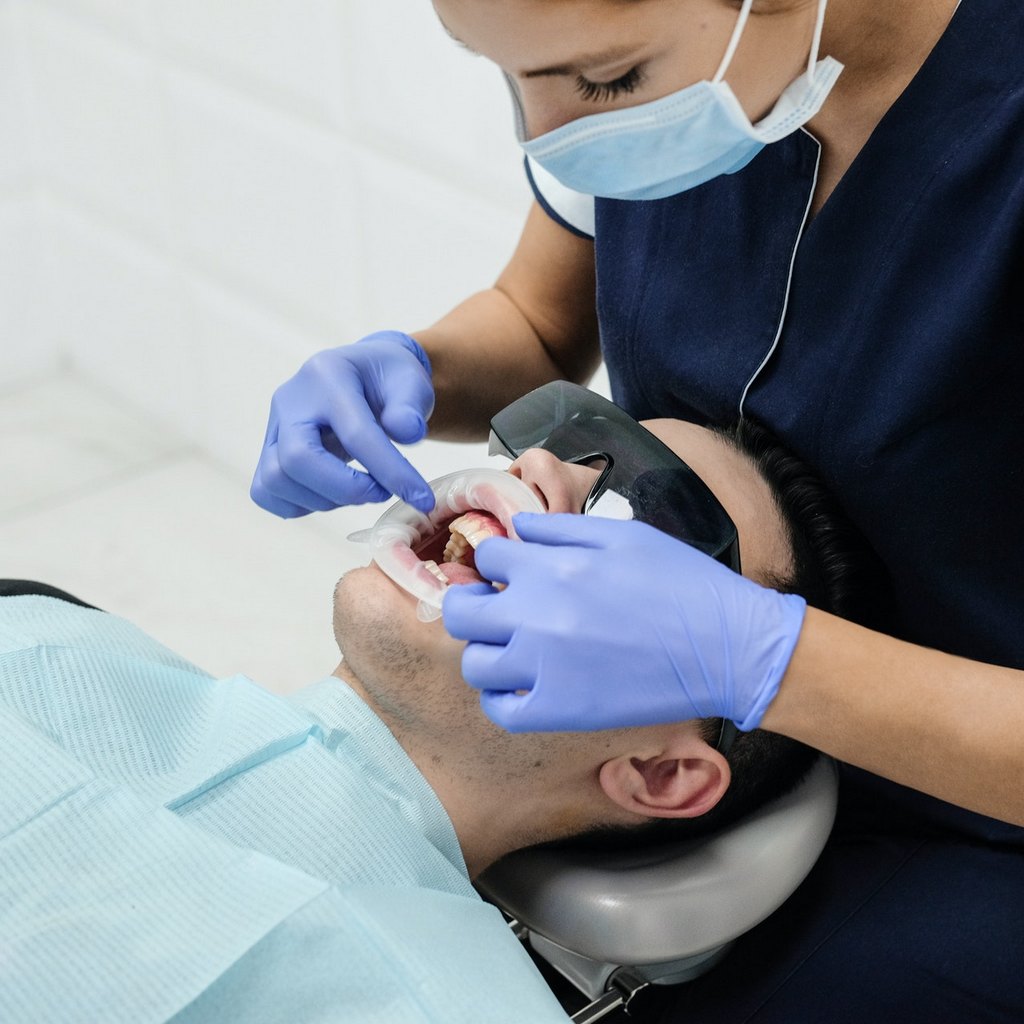Maxillofacial surgery is a type of facial surgery that corrects issues with the bones and soft tissues of the face. It can be used to treat a wide range of conditions, including birth defects, trauma, and cancer. The recovery process from maxillofacial surgery can vary depending on the extent of the procedure. In general, however, patients can expect to experience some swelling and bruising for at least a few weeks after surgery. Additionally, it is important to follow your surgeon’s post-operative instructions carefully in order to promote healing and avoid complications. With proper care and patience, most people make a full recovery from maxillofacial surgery within several months.
The recovery process after maxillofacial surgery can vary from person to person
Though maxillofacial surgery has the potential to provide dramatic improvements to a patient’s facial appearance, it is important to keep in mind that the recovery process can look different from person to person depending on their medical history. Every individual is unique and decisions regarding healing time will be made on an individual basis after consulting with a medical professional. That being said, there are general steps that everyone needs to be aware of during the recovery process – such as keeping swelling and pain under control, time for rest and relaxation as needed throughout the process, and continuing with care plans prescribed by one’s doctor or surgeon. Knowing what to expect ahead of time can make the entire experience much less daunting and efficient.
It is important to follow your surgeon’s instructions and take it easy during the first few weeks
Post-surgery recovery is very delicate and most people would benefit from listening closely to what their surgeon has to say. Research papers suggest that following instructions, such as rest and limiting activities during the first few weeks of healing, increase the chances of a successful recovery. Taking it easy should not be taken lightly; research shows that too much strain and stress on muscles, joints and other areas where surgery has been performed can lead to complications such as excessive bleeding or even worse. Therefore, one should carefully follow their surgeon’s instructions in order to ensure a full recovery in the best time possible.
Most people report feeling better within a few months, although some may experience minor side effects for longer periods of time
Going through medical treatments can have its toll on people, not only physically but also mentally. Many people may worry about the side effects of treatments that wouldn’t necessarily be expected. Fortunately, most people experience positive results in just a few months. However, some may need to be aware that they could possibly experience minor side effects for longer periods of time. Though this isn’t something everyone experiences, it’s a great idea to talk with your doctor and prepare yourself if you think you could be in one of those situations. That way, you can limit the impact those side effects may have while leading to better health overall.
There are things you can do to help speed up the healing process, such as eating healthy foods and getting plenty of rest
Taking good care of yourself is vital to speed up the healing process of any illness. Eating healthy foods boosts immune system strength, encourages better circulation, and aids in recovery. This doesn’t mean you have to eat regimented meals – variety is key! Additionally, rest is also essential for a fast recovery. Be sure to get an adequate amount of sleep every night so your body can restore itself. It’s also important to take breaks during the day from activities or work; give yourself plenty of time to relax and de-stress in whatever way works best for you. Taking these steps will help you feel back to normal much quicker than with inactivity and unhealthy habits.
If you have any questions or concerns about your recovery, be sure to contact your surgeon or another medical professional
It is crucial that you follow up with your doctor during your recovery process. Even if you feel fine and think everything is going smoothly, it still may be important to discuss any changes or questions that you have. If there are any concerns about your recovery, make sure to contact either the surgeon who performed your procedure or another medical professional associated with the surgery. A medical professional should always be readily available to provide answers and advice on how best to recover from a surgical procedure. Doing so will ensure that there are no lasting impacts or issues that were not anticipated before the surgery took place.
The recovery process after maxillofacial surgery is different for everyone, but it is important to follow your surgeon’s instructions and take it easy during the first few weeks. Most people feel better within a few months, although some may experience minor side effects for longer periods of time. There are things you can do to help speed up the healing process, such as eating healthy foods and getting plenty of rest. If you have any questions or concerns about your recovery, be sure to contact your surgeon or another medical professional.








